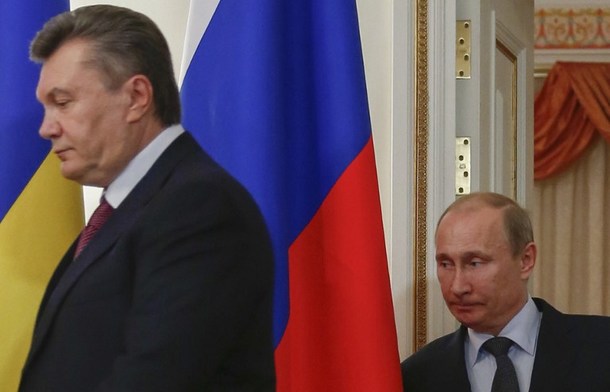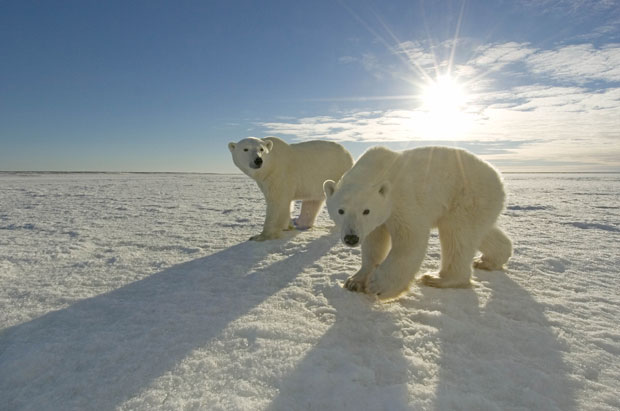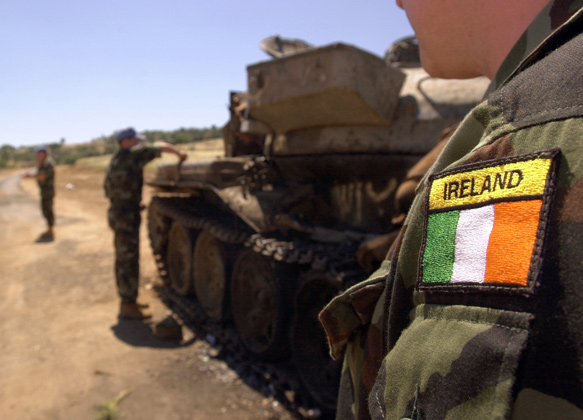Around 50,000 protesters united in Kiev throughout this week to demonstrate their disapproval of the Ukrainian government’s decision to back away from signing a significant trade agreement with the EU. Many have been speculating the reason as to why Ukrainian leader Viktor Yanukovych decided to refrain from signing the EU’s trade agreement and postpone its plans to do so for at least one year. This article will look more closely at some of the reasons why the Ukrainian government choose to receive assistance from Russia despite the obvious advantages of free trade with the EU.
Many Ukrainians have expressed interest in creating closer ties with the EU. Cooperation with the West comes with many benefits to the Ukraine including greater economic development through more trade relationships and more opportunities for international mobility. However, the decision to cooperate with the EU comes with the risky prospect of severing its ties with Russia, who has historically held a great deal of influence over Ukraine. Kiev has been considered a key city among the Eastern European states, and Russia is reluctant to lose it to the West.
In a secret deal, Yanukovych met with Russian and Ukrainian leaders in the Kremlin, which ultimately convinced the President to choose the support of Russia over the EU. As a result, the EU has expressed its deep concern that Russia has violated the right of Ukraine to independently select the best course of action. The EU also insists that if Ukraine were to sign the trade agreement, Russia would experience the benefits as well. The EU continued to extend the offer to sign the agreement and attend the EU Eastern Partnership conference in Vilnius to the Ukraine.
Some speculate that Yanukovych made the decision for his own benefit, rather than considering what was best for Ukrainians. The President urgently needs to help restore the country’s low credit rating and demonstrate that economic development has occurred under his rule in order to be re-elected in 2015. Others, however, feel that Yanukovych’s decision was for the best. Ukraine relies on Russia for energy and signing the agreement with the EU right before the harsh winter may put them in a vulnerable position if Russia decided to retaliate by disturbing Ukraine’s access to oil. Although the agreement with the EU may result in the country gaining access to an independent supply eventually, Ukraine would be in a precarious position situation until then. Therefore, Russia’s aid may result in more immediate gratification than the EU.
As spectators, we can only hope that Yanukovych can see beyond the immediate gratification of rejecting the EU trade agreement and consider the eventual long-term benefits of creating a closer relationship with the rest of Europe, including greater independence and economic benefits. A decision of this magnitude decision needs to be made free from the economic pressure that Russia has been exerting over Ukraine and the political pressure felt by the President himself. Above all, the outcome needs to be representative of the Ukrainian people, who clearly desire integration with the EU.




